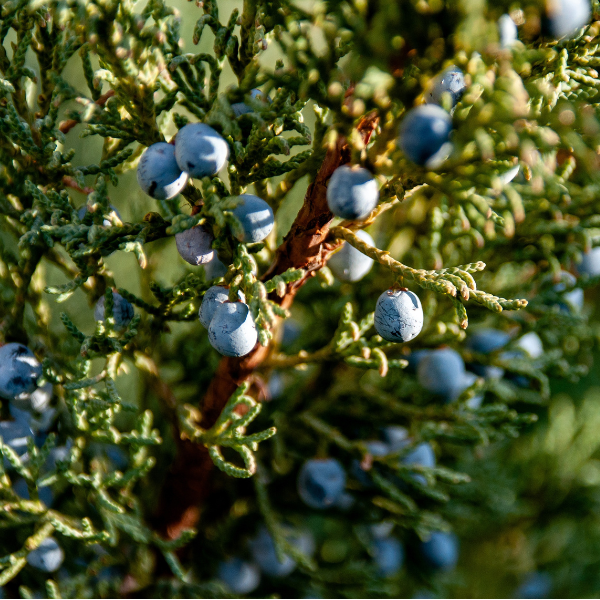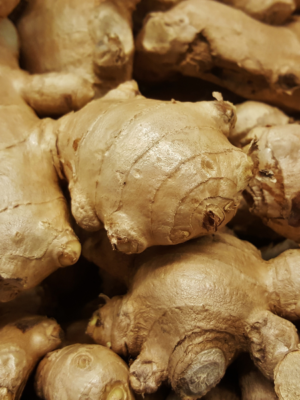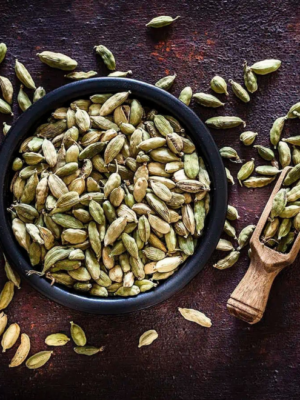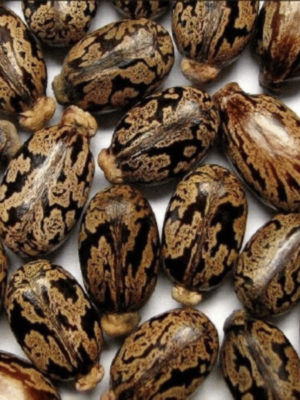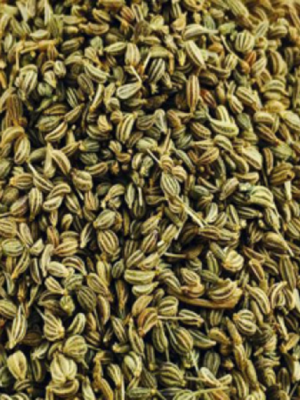Juniper berry essential oil is derived from the berries of the juniper tree, scientifically known as Juniperus communis. It is a popular essential oil used in aromatherapy and natural medicine due to its pleasant aroma and potential therapeutic benefits. Here are some key points about juniper berry essential oil:
- Aroma: Juniper berry essential oil has a fresh, woody, and slightly sweet scent with a hint of pine. It is often used in perfumes and cosmetics for its pleasing fragrance.
- Extraction: The oil is typically extracted through steam distillation of the ripe, dried berries of the juniper tree. The process involves heating the berries to release their aromatic compounds, which are then condensed and collected as essential oil.
- Therapeutic Benefits:
- Antiseptic: Juniper berry oil has natural antiseptic properties, making it useful for cleaning wounds and preventing infections.
- Aromatherapy: It is commonly used in aromatherapy to promote relaxation, reduce stress, and uplift mood.
- Respiratory Health: Inhaling juniper berry oil vapor can help ease respiratory issues like congestion and coughs.
- Skin Health: The oil may be applied topically (diluted with a carrier oil) to improve the appearance of the skin, reduce acne, and soothe minor skin irritations.
- Pain Relief: It can be used in massage oils to relieve muscle aches and joint pain.
- Dilution: Juniper berry essential oil should typically be diluted with a carrier oil (such as jojoba, coconut, or almond oil) before applying it to the skin, as it can be irritating when used undiluted.
- Caution: While juniper berry oil has many benefits, it should be used with caution by pregnant women and individuals with kidney issues. It is not recommended for internal use without guidance from a qualified aromatherapist or healthcare professional.
- Blending: Juniper berry essential oil blends well with other essential oils like lavender, cedarwood, clary sage, citrus oils (e.g., lemon, grapefruit), and rosemary, among others.
- Culinary Uses: Juniper berries themselves are used as a spice in cooking, especially in European cuisine. However, the essential oil is highly concentrated and not typically used in food preparation.
Always purchase high-quality essential oils from reputable sources and follow safety guidelines when using them, especially when applying them to the skin or using them in aromatherapy. If you have specific health concerns or conditions, it’s advisable to consult with a healthcare professional before using juniper berry essential oil for therapeutic purposes.

